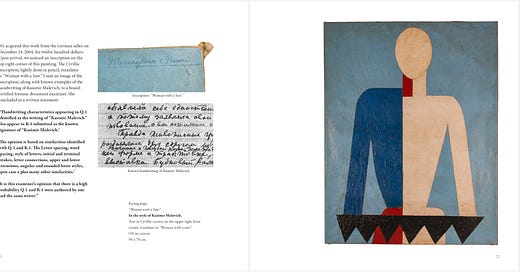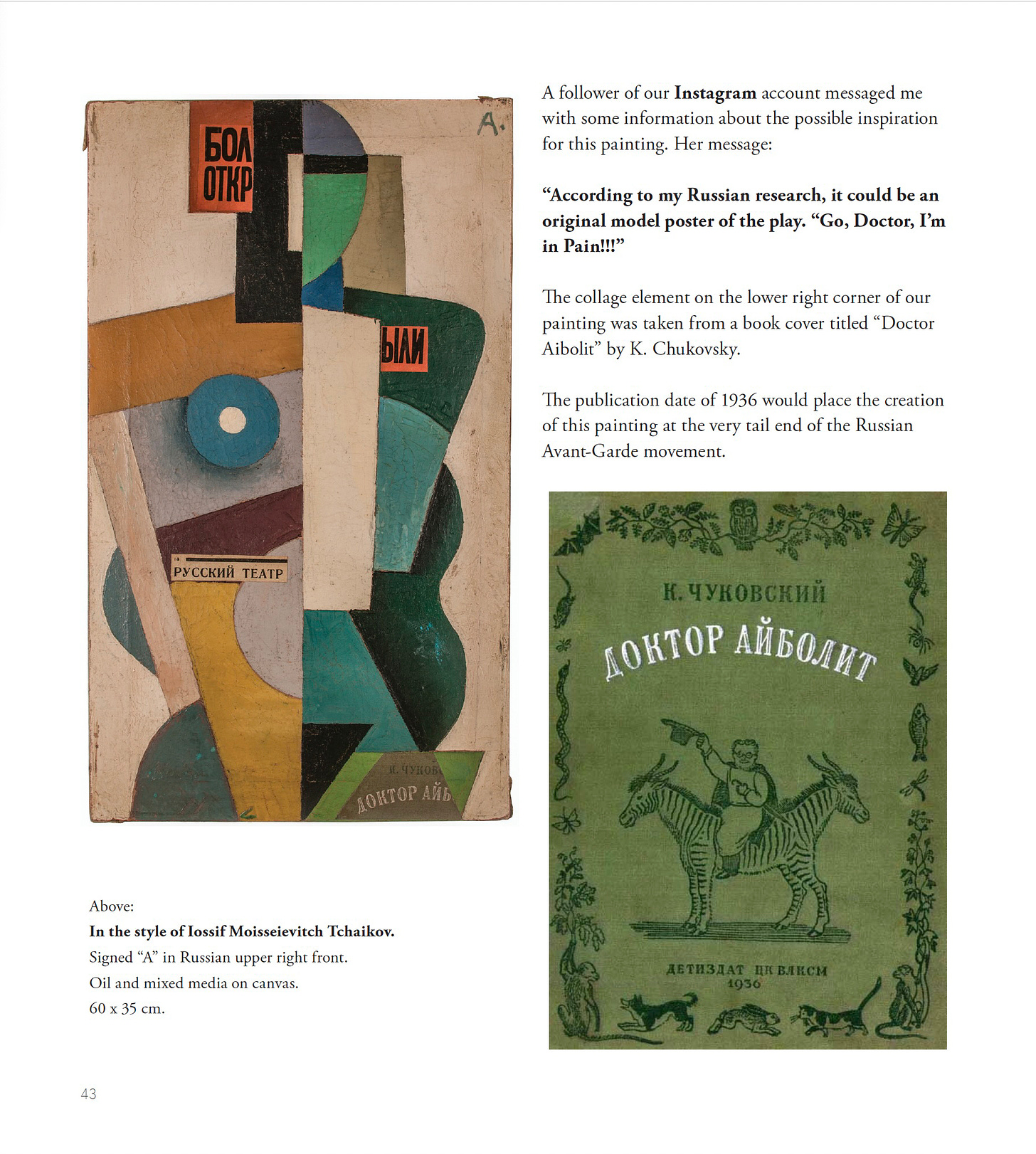Dear Reader,
When I was in my early 20s, full of angst and bitterness and existential despair, my father—no stranger to those debilitating feelings—told me that I needed to spend less time trying to solve insoluble problems. He wasn’t being judgmental. He was offering honest and heartfelt advice, based on his own futile experiences attempting to crack the uncrackable Rubik’s Cube of life.
But some lessons we have to learn ourselves. As Aaron Rodgers—my father’s favorite football player—would say, we have to do our own research. And so I continued to bang my head against the metaphorical wall until I finally saw that he was right—as he almost always was in such matters.
Lately, and especially these past few weeks, I have found myself back under the seductive spell of impossible problem solving. The First World War, which armistice we honored yesterday even if most of us didn’t realize it: insoluble problem. Forty million people dead because of the petty jealousies of insecure kings, only for the same nations to take up arms again 21 years later, having learned nothing. The Israel-Palestine conflict certainly feels insoluble, not least because the prevailing leadership, Bibi and Hamas both, feels no great urgency to solve it. A middle schooler could figure out how to solve the problems of the United States, so glaringly obvious that they should be sorted out in a snap. But the three constitutional booby traps of the composition of the Senate, the Electoral College, and the rule for life of the precious few Justices on the Supreme Court—all quirks installed by the Founders’ slaveholding faction, to preserve the heinous institution of slavery—ensure that such speedy, necessary improvements are impossible.
And so today, the last day of my 51st year on earth, I offer another insoluble problem—albeit a much more pleasant one. This past January, three weeks after my father died, I had Ron Pollard as a guest on the PREVAIL podcast. Ron had spent years trying to prove that the hoard of Russian avant-garde paintings he’d acquired from a German dealer were the real McCoy. (His own research, needless to say, was orders of magnitude more compelling than that of Aaron Rodgers.) Here is the description of that episode:
When Ron Pollard, an architectural photographer from Colorado, legally acquired a hoard of Russian avant-garde paintings, he couldn’t believe they were real. But they were; all the experts he asked agreed. Anyone connected to the Russian government, however—oligarchs, Russophile dealers, and so on—insisted they were forgeries. Are all of his 160 paintings fakes? Or is he sitting on a collection appraised at over $50 million?
Recently, Ron put out Evidence, a lovely art e-book, where he talks about all of this, and exhibits some of the paintings. These are works by artists from 100 years ago, subsequently suppressed and harassed by Stalin. Kazimir Malevich, the most famous of the school, was arrested by the KGB.
What happened to the artists of the Russian avant-garde is a warning sign to artists working here and now, should Trump get back into power. But I find the paintings—their production, their concealment, and their long-lost salvation—magical and uplifting, a demonstration of the indomitability of beauty and the power of art in the face of evil.
Some problems are insoluble. Others are solved with a few strokes of the artist’s brush.
You can read Ron Pollard’s remarkable book by clicking here or on the image below:
ICYMI
Our guest on The Five 8 was the political commentator Amanda Carpenter:
Photo credit: Ron Pollard, from his book, Evidence.






Just what I needed this morning. Greg. Thank you. I’ll enjoy the art after breakfast.
Greg
Happy Birthday! After dad passed I had an empty feeling, still do. Yet every dream with Pop (as I called him) is a pleasant one, helping me to awake refreshed and hopeful. There are times when I believe the insoluble gets solved from the beyond, good souls looking after us. As we face the battle of good versus evil, I fervently hope that those who walked before us inspire enough people to eradicate evil by voting for good, at least stymie it until the inevitable next time so that good prevails such that those who come after us can enjoy the tremendous opportunities afforded by Democracy.
May your day be joyous and unencumbered by the woes of life.